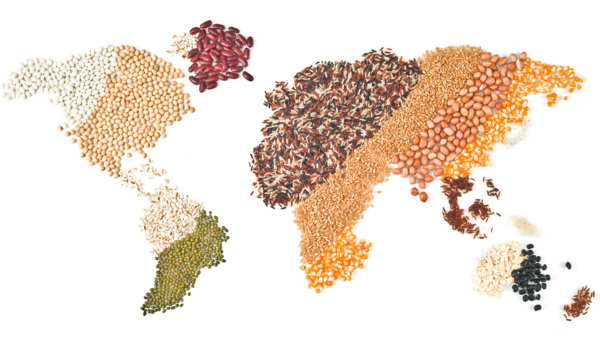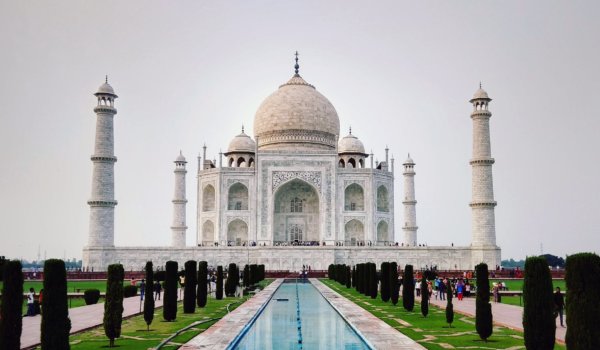Between 2012 and 2019, the consensus was that food security was improving globally. But, of course, global food security wasn’t immune to the dramatic change of circumstances from 2019 onwards. The Russia-Ukraine tensions, which continue today, have led to high commodity prices. Supply chain disruptions have exacerbated systemic food security issues as the Ukraine crisis continues unabated. Those issues now threaten global food security and weaken the resilience of the global food system.
Climate change
The climate change crisis has been another less reported but key driver reducing agricultural productivity. The 2022 World Food Prize winner Cynthia Rosenzweig put it perfectly when she said, “Climate change cannot be restrained without attention to food system emissions, and food security for all cannot be provided without resilience to increasing climate extremes.”
The unique position of the GCC countries.
The member states in the GCC (Gulf Cooperation Council) are Bahrain, Kuwait, Oman, Qatar, Saudi Arabia, and the United Arab Emirates. These half-dozen countries enjoy considerable wealth, enabling them to make massive strides in food security. Already, they’ve achieved significant success regarding the availability, affordability, and quality of food. They’ve achieved this through various means, including buying agricultural land abroad and investing in some of the largest food producers. However, despite the momentum, all six GCC countries’ lowest scores in the 2022 Food Security Index were in the ‘Sustainability and Adaption’ dimension. But this isn’t entirely unsurprising; the six GCC countries rely heavily on food imports. Indeed, 85% of their food is imported, creating a significant carbon footprint. Consequently, the six countries are open to external shocks in the coming years.
Every crisis presents an opportunity for us to innovate
Examples of humanity’s successes are all around us. Just this month, some seven million miles from Earth, Nasa’s Dart spacecraft successfully changed the path of an asteroid, giving rise to hope that if one should ever threaten Earth, we’d have the capabilities of avoiding a near-certain catastrophe. A closer-to-home example could be the 1973 oil crisis, which led to the increased fuel efficiency of American cars. Whether it’s an asteroid, an energy crisis or the fate of our planet from climate change, the aggregation of different climate and food-related challenges provide a fertile ground for innovation and action.
COP27 and COP28: The opportunities
COP27 in Egypt next month, and COP28 in the UAE next year, provide an unrivalled opportunity to position the GCC at the forefront of sustainable food production. A host of leading AgriTech companies have already set up across the GCC after recognising the stable regulatory environment and significant government incentives on offer. The GCC can build on this early success to accelerate the growth of local production capabilities. Global trends in Foreign Direct Investment in AgriTech and its related sectors show a consistent rise, from just 24 projects in 2016 to 114 in 2021. Moving forward, the GCC can look for investment in AgriTech from traditional FDI powerhouses like China, the US, France and Germany. Doing so will aid the immediate sustainability and food security challenges GCC countries face and further their position as future leaders.
COP27 has a “solutions day” dedicated for climate crisis solutions
Solution day includes:
- Green Entrepreneurship
- Sustainable Transport and Urban Mobility
- Climate Solutions by Private Sector
- 1000+ Clean & Efficient Solutions to COP27
- Reinventing Waste Solution for better future
Through our work with the likes of Dubai Future Foundation, we know well that collaboration and innovation sit at the heart of any solution. All eyes are on Egypt this November, we will be eager to hear the outcomes of solutions day.
If you’d like to know more about OCO Connect and how we are leveraging technology to promote cross-border collaboration, please click here.



